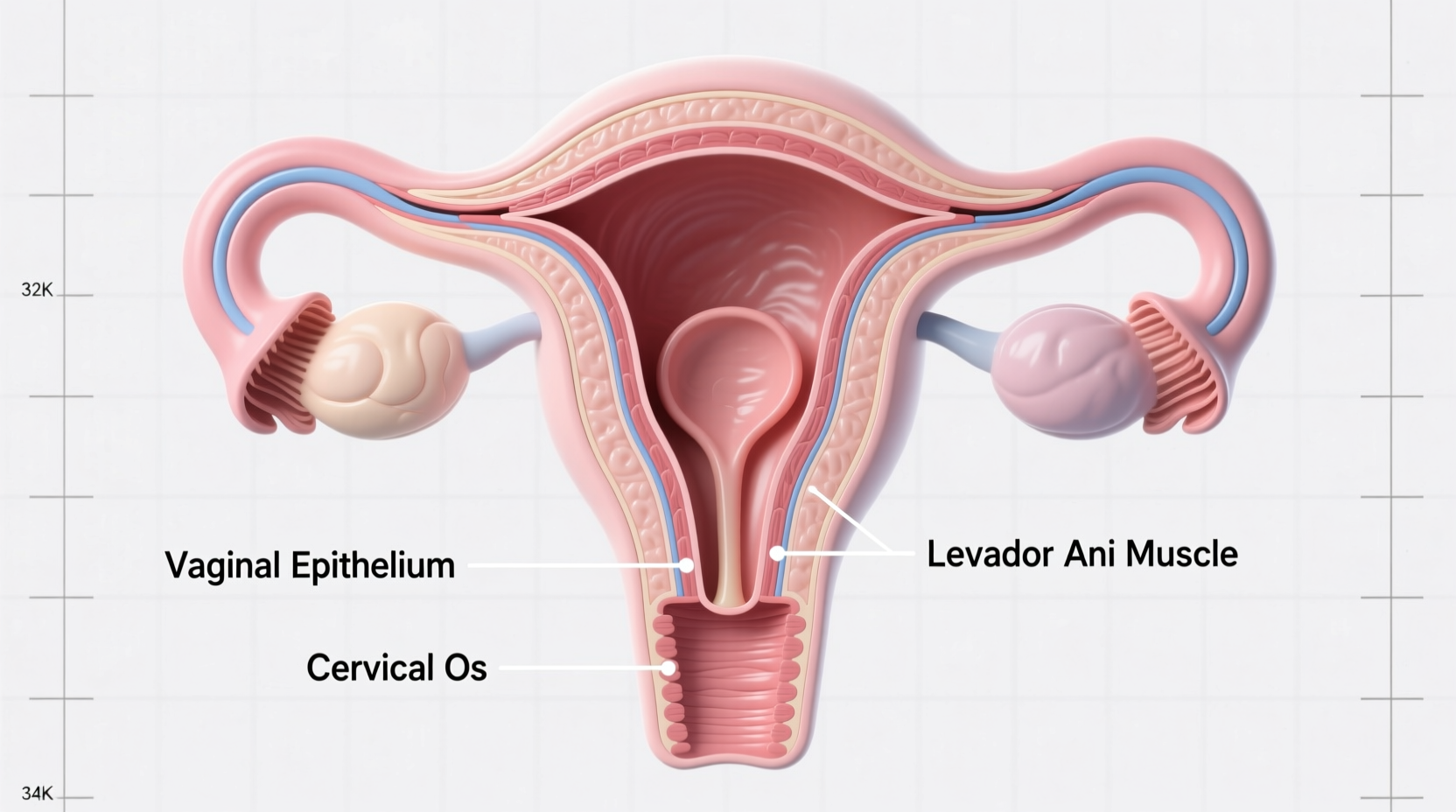Many women search for information when noticing changes in their natural scent, particularly when odors resemble foods like onions. Understanding what's normal versus what requires medical attention is crucial for maintaining vaginal health and avoiding unnecessary anxiety.
Understanding Normal Vaginal Odor Patterns
Your vagina has a natural scent that changes throughout your menstrual cycle, during pregnancy, and with hormonal fluctuations. This subtle odor comes from your body's pH balance and healthy bacteria maintaining a slightly acidic environment (typically pH 3.8-4.5). Factors like sweat, diet, and hygiene products can temporarily influence this scent without indicating problems.
According to the Centers for Disease Control and Prevention, "a healthy vagina maintains a delicate balance of different bacteria." This natural ecosystem protects against harmful organisms while producing characteristic but mild odors that shouldn't be unpleasant or strong.
Why "Onion Smell" Descriptions Occur
When women describe vaginal odor as smelling like onions, they're usually noticing:
- Dietary influences - Consuming large amounts of onions, garlic, or other pungent foods can temporarily affect body odor through metabolic processes
- Subjective odor perception - Individual scent interpretation varies based on personal experiences and cultural background
- Misidentification - What's described as "onion-like" often matches medical descriptions of bacterial vaginosis (fishy odor)
| Odor Description | Most Likely Cause | Associated Symptoms |
|---|---|---|
| Fishy or ammonia-like | Bacterial vaginosis (most common) | Thin gray discharge, itching |
| Sour or yeasty | Yeast infection | Thick white discharge, burning |
| Metallic | Blood mixing with natural fluids | During/after menstruation |
| No strong odor | Healthy vaginal environment | Mild natural scent, clear discharge |
When Odor Indicates Medical Concerns
The American College of Obstetricians and Gynecologists notes that "a strong fishy odor, especially after intercourse, is the most common symptom of bacterial vaginosis." This condition affects nearly 30% of women in the US and requires prescription treatment.
Key warning signs requiring medical evaluation include:
- Persistent strong odor lasting more than 2-3 days
- Accompanying discharge changes (color, consistency, amount)
- Itching, burning, or irritation
- Odor that worsens after sexual activity

Evidence-Based Prevention Strategies
Maintaining healthy vaginal odor involves evidence-based practices rather than quick fixes:
Do:
- Wear breathable cotton underwear
- Change out of wet clothing promptly
- Use mild, unscented soap for external cleaning only
- Practice safe sex with barrier protection
Avoid:
- Douching (disrupts natural pH balance)
- Scented feminine products
- Tight synthetic clothing for extended periods
- Antibiotic overuse without medical supervision
The Mayo Clinic emphasizes that "your vagina is self-cleaning and doesn't require special cleansing products." Healthy vaginal odor management focuses on supporting your body's natural systems rather than eliminating normal scent.
When to Consult a Healthcare Provider
Seek professional evaluation if you experience:
- Odor accompanied by unusual discharge
- Symptoms persisting beyond your menstrual cycle
- Burning during urination
- Recurring symptoms after previous treatment
Accurate diagnosis requires laboratory testing, as different infections require specific treatments. Self-treating based on odor descriptions alone often leads to improper management and recurring issues.
Practical Next Steps for Vaginal Health
Instead of focusing on eliminating natural scent, prioritize these evidence-based approaches:
- Track symptoms alongside your menstrual cycle
- Keep a food diary to identify potential dietary influences
- Schedule regular gynecological checkups
- Consult your provider before using any over-the-counter treatments










 浙公网安备
33010002000092号
浙公网安备
33010002000092号 浙B2-20120091-4
浙B2-20120091-4